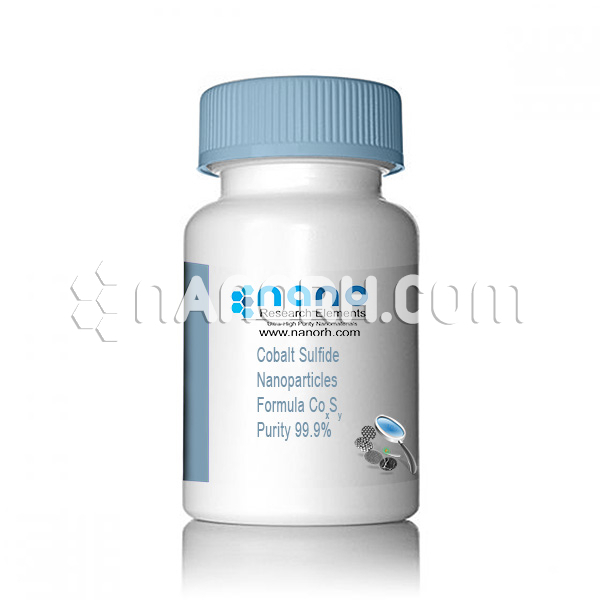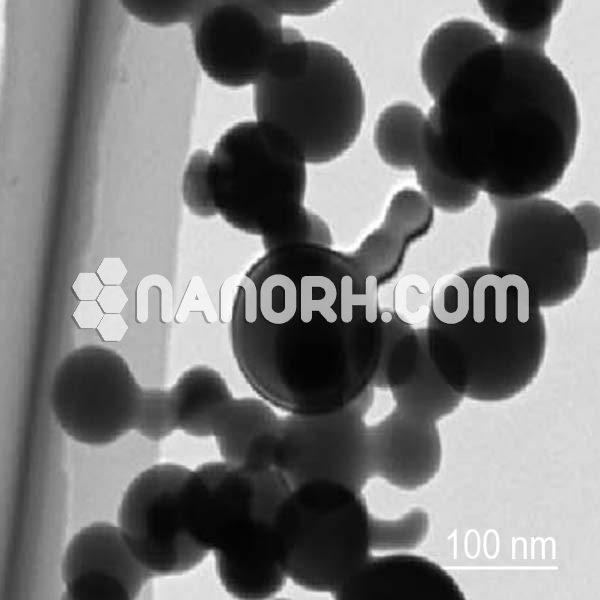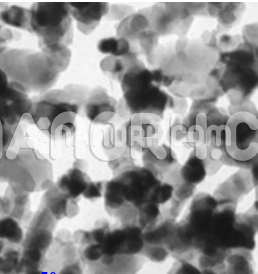| Cobalt Sulfide Nanoparticles | |
| Product No | NRE-5066 |
| CAS No. | 1317-42-6 |
| Formula | CoxSy |
| Density | 5.45 g/cm3 |
| APS | <100 nm (Can be Customized) |
| Purity | 99.9% |
| Form | Powder |
| Molecular Weight | 90.998 g/mol |
Cobalt Sulfide Nanoparticles
Cobalt sulfide nanoparticles is a compound formed by the combination of cobalt and sulfur, existing in various stoichiometric forms, with Co₃S₄ and CoS being the most common. When reduced to the nanoscale, exhibit unique properties that make them highly attractive for a range of advanced applications. These nanoparticles are typically synthesized using methods like hydrothermal synthesis, solvothermal methods, chemical vapor deposition (CVD), or solid-state reactions, which allow precise control over the size, shape, and surface properties of the nanoparticles.
are known for their catalytic activity, magnetic properties, good electrical conductivity, and chemical stability, which make them highly suitable for applications in energy storage, environmental remediation, catalysis, and magnetic systems.
Applications
Catalysis:
Hydrogen Evolution Reaction (HER): Cobalt sulfide nanoparticles are widely used in hydrogen evolution reactions (HER) for water splitting to produce hydrogen gas. The high catalytic activity of these nanoparticles makes them efficient in generating hydrogen, which is a crucial aspect of clean energy technologies.
Oxygen Evolution Reaction (OER): Cobalt sulfide is also used as a catalyst for the oxygen evolution reaction (OER), which is important in water splitting and other electrochemical processes. CoₓSᵧ nanoparticles can improve the efficiency of oxygen production, making them valuable in renewable energy systems like electrolysis for hydrogen production.
Catalysis in Fuel Cells: Cobalt sulfide nanoparticles are used as electrocatalysts in fuel cells, where they assist in the conversion of chemical energy into electrical energy, improving fuel cell efficiency.
Organic Reactions: Cobalt sulfide nanoparticles are also effective in a range of organic reactions, such as hydrogenation and oxidation. These reactions are important for the synthesis of fine chemicals and in petrochemical processing.
Energy Storage:
Supercapacitors: Due to their high surface area and electrical conductivity, cobalt sulfide nanoparticles are being explored as materials for supercapacitors, which are used in energy storage devices. These supercapacitors can provide high power output for quick bursts of energy, making them useful for applications in electric vehicles and backup power systems.




